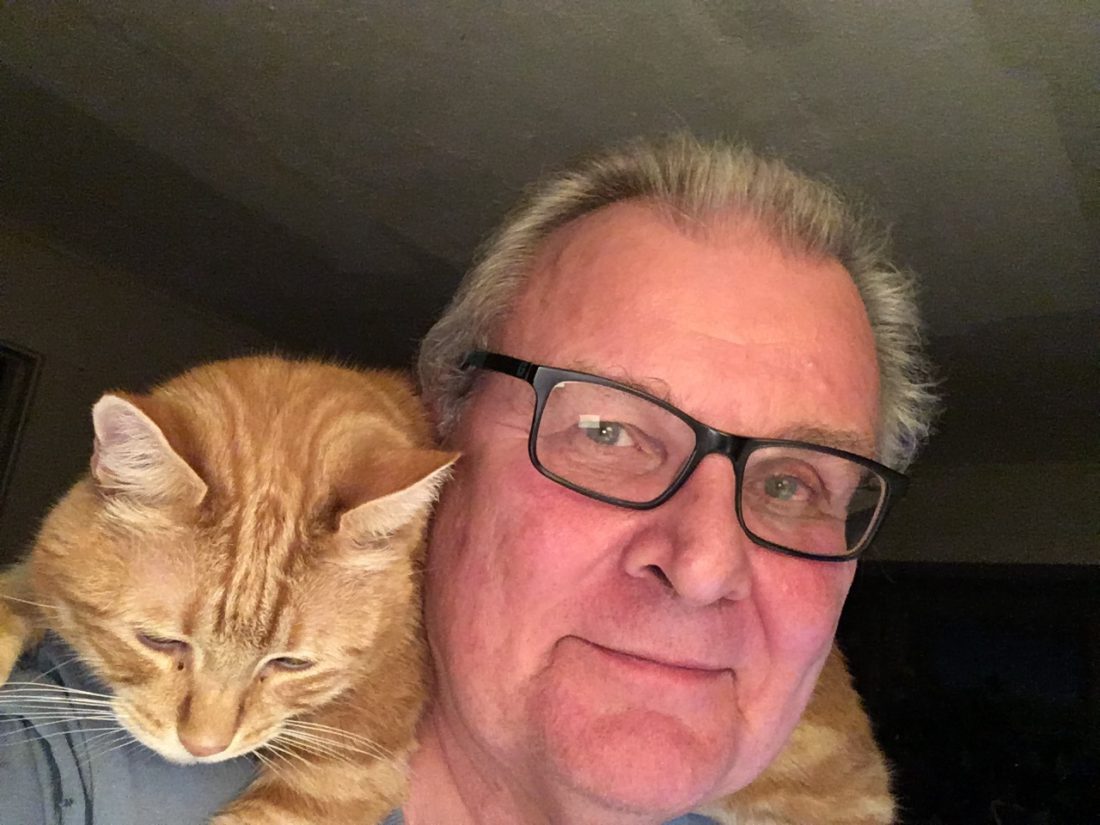In March 2002, I read a two-paragraph report in the Asheville Citizen Times concerning the release of some of President Richard M. Nixon’s White House tapes. During his presidency, Nixon had a recording system installed in the Oval Office, operated by a switch beneath his desk. Maybe he was seeking to garner material to help burnish his postpresidential reputation. Or perhaps he was gathering evidence aimed at persuading opponents to see things his way. (Can you spell blackmail?) But in any case, the fateful maneuver would lead to his 1974 resignation following the Watergate fiasco.
The Citizen Times report made brief mention of a 1972 conversation between the president and the Rev. Billy Graham that included an exchange about the malevolent influence of Jews in the United States and Graham’s suggestion that after Nixon’s reelection, something might be done about the problem. That, in turn, caught my attention. After all, doing something about Jews has a very long and unhappy history.
Graham’s spokespeople issued an apology indicating that he hadn’t really meant what he said and adding something along the lines of “some of my best friends, etc.” There was also the suggestion that the preacher had simply been going along with the president to get along.
But I wasn’t convinced, so I obtained a full transcript of the relevant tapes and, later, the audio recording. What I discovered was that Graham had, in fact, led the hour-and-a-half discussion of the topic, including Jews’ alleged responsibility for the spread of pornography. Furthermore, multiple sections of the conversation had been redacted, supposedly for national security reasons, as reported by Nixon’s chief of staff Bob Haldeman in his posthumously published White House diaries.
Over the next five years, I read most of Graham’s voluminous output, as well as every book I could get my hands on that mentioned his interactions with American presidents. I visited the Billy Graham archives at Wheaton College, where I was told that some of his records would remain sealed until 25 years after his death. Those records have since been moved to The Billy Graham Library in Charlotte.
In addition, I enlisted three interns in Asheville and hired a researcher in Washington to comb the Nixon archives. I tapped resources at presidential libraries and the King Library and Archives in Atlanta. Thanks to my Xpress press credentials I was able to attend the Graham library’s 2007 dedication, as did former presidents George H.W. Bush, Jimmy Carter and Bill Clinton.
In October 2007, I published The Prince of War: Billy Graham’s Crusade for a Wholly Christian Empire, with its 274 footnotes and a six-page index. To the best of my knowledge it was then, and may still be, the only critical political biography of the famed evangelist.
Realizing that some people might assume I disliked the preacher due to his religious views, I included this sentence in the book’s acknowledgements: “I don’t believe in supernatural beings of any stripe, and I happily acknowledge that I could be wrong.”
Cards on the table, eh? “I could be wrong” seemed clear enough to me. But little did I suspect what lay in store for me.
In 2009, I ran for Asheville City Council and, in the primary, finished first among 10 candidates. This apparently alarmed some local conservative activists, who spent several thousand dollars on direct mailings warning people — apparently based solely on that single sentence, since the only other public mention I ever made of my personal beliefs was on a by-then-defunct Myspace page — that I was an atheist who would drag Asheville straight to hell. Their efforts may have had some effect, as I came in third in the general election but nonetheless won one of the three available seats. Local resident H.K. Edgerton, who claimed to be an “honorary life member” of the Sons of Confederate Veterans, challenged my qualification to serve, since the N.C. Constitution prohibits “any person who shall deny the being of Almighty God” from holding public office. But that rule is unenforceable under the U.S. Constitution’s Article 6 ban on religious tests for “any Office or public Trust,” and accordingly, I was duly inaugurated in December 2009.
Case closed … except that Rachel Maddow got wind of the hoo-ha, and my story went viral. I was interviewed by Pulitzer Prize-winning reporter David Zucchino of the Los Angeles Times and by a stringer for The Associated Press whose story subsequently ran in The New York Times, The Washington Post and the Chicago Tribune. I found stories mentioning my name in eight languages across thousands of webpages, and I was interviewed during a live television broadcast on “Russia Today.” I was invited to speak at atheist and humanist events in 25 cities in a dozen states, getting paid reasonably well for my trouble and spending more time in airports and hotels than any more rational person would choose to endure.
One oblique sentence in the back of a book: I definitely never saw all that coming.
— Cecil Bothwell
Asheville
Cecil Bothwell is a former managing editor of Xpress and the author of The Prince of War: Billy Graham’s Crusade for a Wholly Christian Empire; Pure Bunkum: Reporting on the Life and Crimes of Buncombe County Sheriff Bobby Lee Medford; and, most recently, That’s Life! (as we know it).




Fantastic contribution! Graham is no more a hero than Mother Teresa was. She withheld morphine from the patients because she believed their agony brought them closer to god. A pox on all their houses.